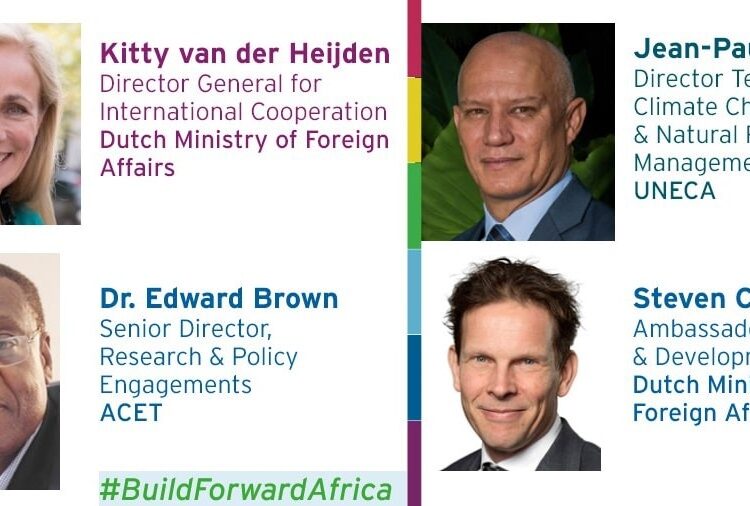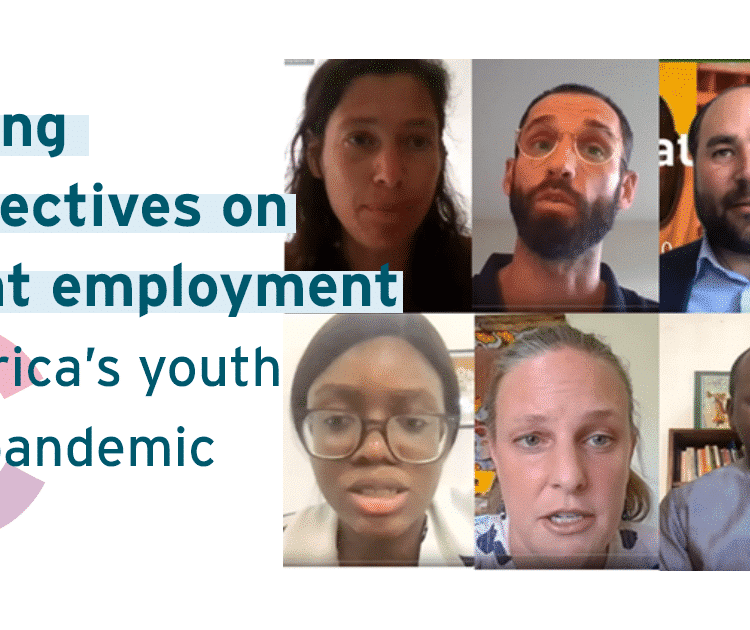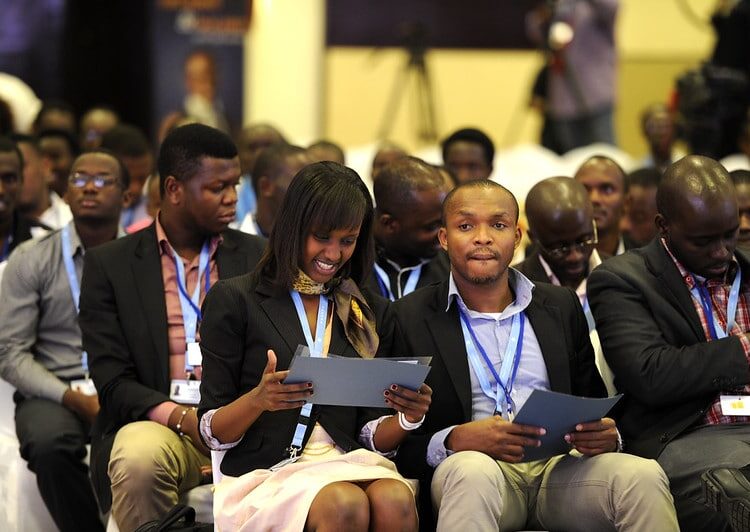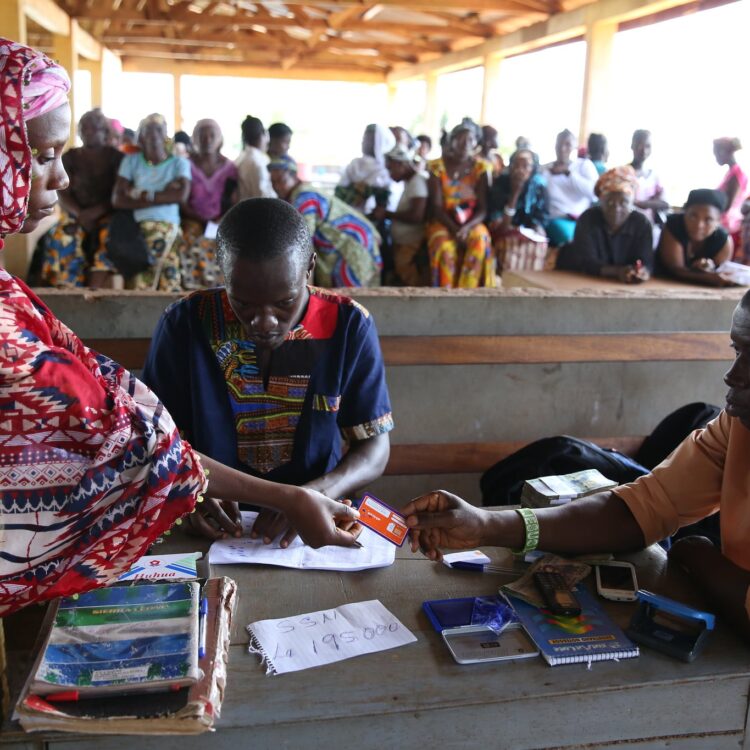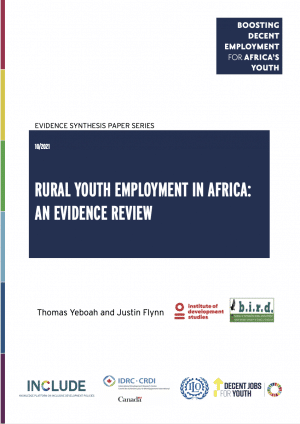
“Jobs don’t just happen as a result of economic growth – we need a job strategy and we are currently developing it”, said Dr Wandera (Director of Labour, Employment and Occupational Safety and Health, Ugandan Ministry of Gender, Labour and Social Development), during the third session of INCLUDE’s annual conference, which zoomed in on Uganda. The greatest opportunities are in agriculture – particularly value addition and agribusiness – according to Jeroen Vlutters (First Secretary Economic Cooperation, Embassy of the Netherlands in Kampala), Dr Madina Guloba (Senior Research Fellow, Economic Policy Research Centre [EPRC]) and the audience engaged in the poll. Youth participation is, however, key!
With over 50% of the population below 18 years of age, Ugandan youth are ‘the last hired and the first fired’ and have suffered the most from the impact of COVID-19 on the country. The panellists – policymakers, practitioners and researchers in Uganda and elsewhere – explored the question of how the pandemic has affected (the already dire situation of) youth unemployment in Uganda.
During the COVID-19 pandemic, nearly 3 million jobs were lost. The impact of the pandemic was not equally distributed: youth in agribusinesses and women were among the hardest hit, according to Dr Sarah Ssewanyana, Executive Director of EPRC. Furthermore, COVID-19 has complicated the transition from school to work – as the entire education and training sector has been disrupted. With regard to skills for jobs readiness, Dr Laura Chioda from the University of California, Berkeley and principal investigator of the IDRC research group in Uganda, highlighted the correlation between programmes that combine soft and hard skills and job creation.
In terms of demand for labour from the private sector, providing market linkages for youth employment and access to financial services for entrepreneurs are the most effective strategies. One of the problems is that access to inputs is lacking, as inputs are positioned in urban settings rather than rural, according to Apollo Muyanja Mbazzira, project director for the MasterCard Foundation-funded youth employment project within the Private Sector Foundation Uganda (PSFU).
“Let’s not forget to integrate youth views in policy making”, reminded youth representative, Francis Arinaitwe (Restless Development). Indeed, the panel agreed that defining solutions for future job opportunities without listening to youth will not make agriculture attractive for this group. According to Arinaitwe, agriculture needs to be integrated with other sectors, like tech, transportation and communications. Session chair, Maggie Kigozi (Director of Crown Beverages [Pepsi] Ltd), agreed that there should be a stronger focus on technologies that can help to make agriculture ‘sexy’ again, together with agro-tourism. Speaking from experience in the health sector, Joost van Engen (founder of Healthy Entrepreneurs) encouraged a value-chain approach in order to be inclusive of marginalized and remote youth.
